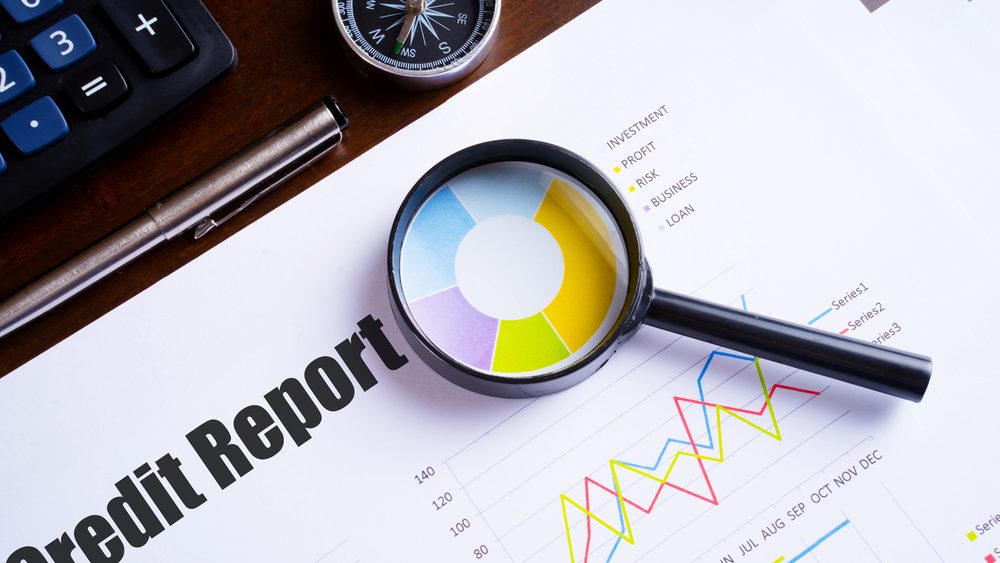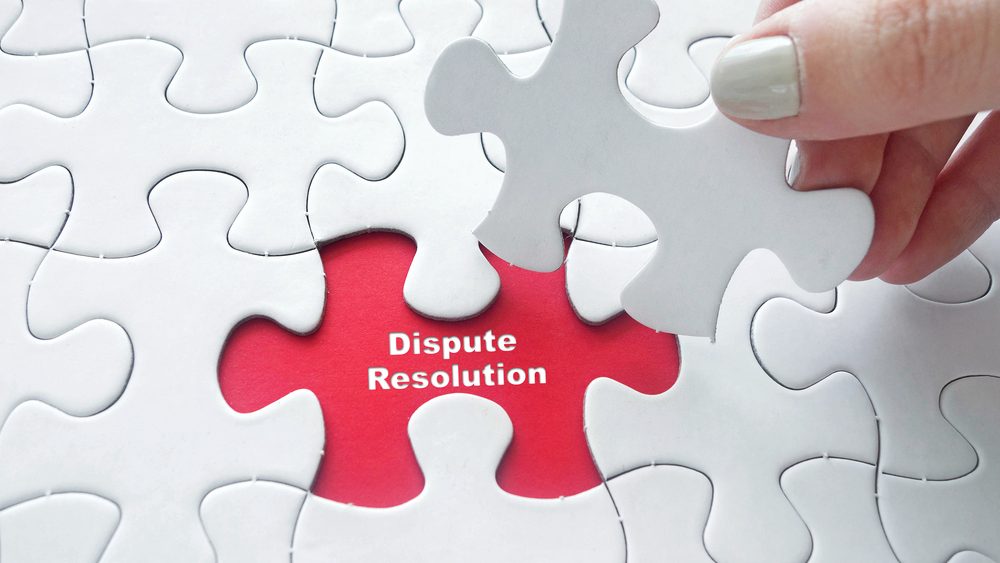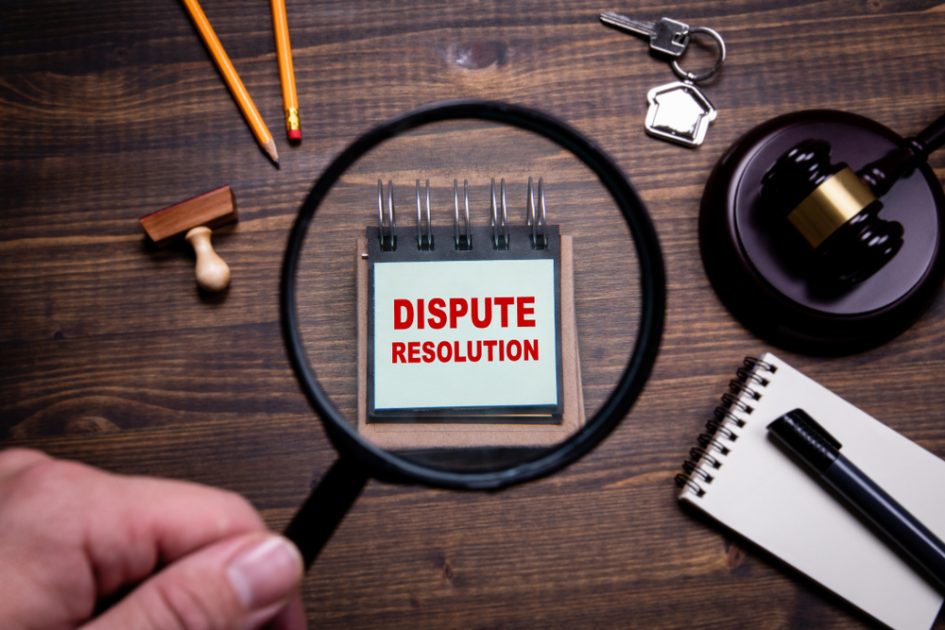If you’ve discovered incorrect or fraudulent items in your credit report, you know how stressful it can be. But just because you’ve found a problem doesn’t mean it can’t be solved.
In this article, we’ll review how these reports work, how to get a copy, and how to dispute items on your credit report.
Ready? Let’s get started.
How Do Credit Reports Work?

In general, it’s essential to understand how your credit report works, what information is included, and how disputes work.
Your credit report is a snapshot of your financial history that lenders use to assess your riskiness as a borrower. It includes information about your credit accounts, payment history, outstanding debt, and more.
Lenders will pull your credit report when you apply for a loan or line of credit to see if you’re likely to repay the debt on time.
Two major credit bureaus manage your credit report in Canada: Equifax and TransUnion. (Editor’s Note: There are three major credit bureaus in the US: Equifax, TransUnion, and Experian). Inaccurate information on your credit report can hurt your chances of getting approved for new financing products or result in higher interest rates.
How To Dispute Items On Your Credit Report

If you’re looking to improve your credit score, one of the best things you can do is get a copy of your credit report and dispute any incorrect items. The dispute process can be complex and time-consuming, but it’s worth it in the long run.
Here’s a step-by-step guide to getting a copy of your credit report and disputing inaccuracies:
Get a Copy of Your Credit Report
You’re entitled to one free credit report per year from each of the major Canadian credit bureaus: Equifax and TransUnion. You can get your report by visiting their website and requesting a copy.
Review your report for any inaccuracies
Look for errors in your credit report information, such as your name, address, or Social Insurance Number.
Also, check for any accounts that don’t belong to you, late payments misreported, and any other negative information that could be dragging down your score.
Dispute the Inaccuracies with the Credit Bureau
If you find any credit report errors, you can file a dispute with the credit bureau over the inaccurate information. You can do this by sending a dispute letter via certified mail.
Be sure to include supporting documentation, such as a copy of a payment history or a letter from the creditor.
The Credit Bureau Will Investigate Your Dispute and Make a Determination.
If the bureau finds inaccurate information, they will correct it and send you an updated report. If they find the information accurate, they will send you a notice of that determination.
Repeat Steps 1-4 With The Other Credit Bureau
Once you’ve disputed an error with one credit bureau, you’ll need to file a separate dispute with the other bureau. You should be able to use the same body content as your first letter when you send the second one.
Credit scores can determine whether a borrower will be approved for a loan. By taking the time to get a copy of your credit report and dispute any inaccuracies, you can help improve your credit score and get on the path to better financial health.
How to Identify Incorrect Items on Your Credit Report

If you’re like most people, you probably don’t give your credit report much thought – that is, until you’re denied a loan or credit card.
Then, you might wonder: what’s on my credit report? And, more importantly, is everything accurate?
Unfortunately, errors on credit reports are not uncommon. However, it’s up to you to find and correct them. No one else will advocate on your behalf.
Here’s what to look for when you’re trying to identify errors on your credit report:
Personal information:
Double-check that your name, address, date of birth, Social Insurance Number, and other personal information are accurate.
Account information:
Look over each account listed on your report to ensure they all belong to you. Also, verify that balances and payment histories are up-to-date and accurate.
Credit Inquiries:
Make sure that any inquiries listed on your report were made by you or a lender with whom you applied for credit. If you find any you weren’t responsible for, you may have been a victim of identity theft.
Duplicate accounts:
This can happen if an account is reported more than once. If you see any of the above on your credit report, it’s important to take action immediately.
An error of this type on your credit report can lower your credit score and make it more challenging to get approved for loans and credit cards.
How To Write A Dispute Letter

If you find an error on your credit report, you should reach out to the nationwide credit bureaus and the company that provided the information to them.
One way to do this is by sending a certified letter with your dispute.
What To Include In Your Letter
Here’s what you should include in your letter:
- Your full name and contact information.
- A list of the items you’re disputing.
- The reason you’re disputing the items.
- Any supporting documentation you have.
You should also keep a copy of your dispute letter and all supporting documentation for your records.
What Happens Next
Once the credit bureau receives your dispute letter, they must investigate your claim and report back to you within 30 days. If they find the information inaccurate, they’ll correct it, and you can move on to notifying the other bureau.
The Importance of Following Up After Filing a Dispute

Following up after filing a dispute with the credit reporting agency is essential.
This is because the credit reporting agency may not have all the information they need to decide the dispute. The credit reporting agency may also need more time to investigate.
Or it’s also possible that your paperwork was lost or misplaced. A quick follow-up can help you ensure that doesn’t happen.
What Happens If the Information In Dispute Is Found to Be Accurate?

If you dispute an item on your credit report and the credit bureau finds that the information is accurate, the item will remain on your report.
The credit bureau will contact you and let you know the outcome. At this point, if you still don’t agree, you can request to have a statement applied to the item that can be seen by anyone reviewing your credit file.
Conclusion
It’s crucial to dispute credit report information quickly if you find an error. The sooner you take action, the better your chance of removing the inaccurate information.
Filing a dispute does not always guarantee that the incorrect information will be removed from your credit report. However, it’s worth taking the time to do if it means improving your chances of being approved for new financing products or saving money on interest rates.
If you’re looking for a Canadian lender that provides installment loans to people with low credit or poor credit, look no further than SkyCap Financial. We specialize in helping people get the financing they need, regardless of their credit history. Apply today and learn how we can help you get the money you need.







